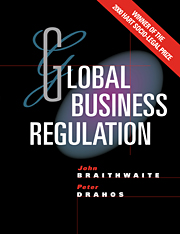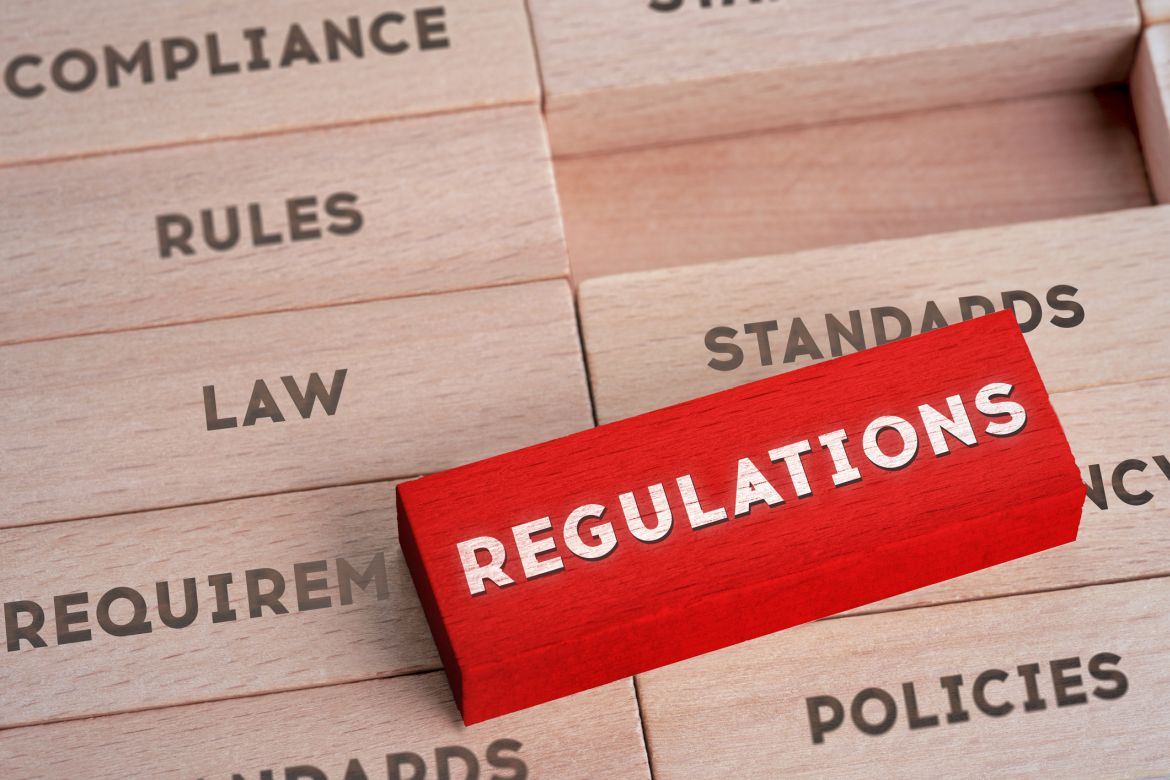What Is Business Regulation
Business regulation is an essential aspect of every economy. It aims to establish a fair and competitive environment while ensuring the protection of consumers and promoting sustainable business practices. In this article, we will explore the importance of business regulation and its impact on various industries.
The significance of business regulation
Business regulation plays a crucial role in maintaining a balance between economic growth and societal interests. It serves to protect consumers from fraudulent practices, ensure fair competition, and promote social responsibility among businesses.
Effective business regulation offers several benefits, including:
- Promotes consumer confidence: By enforcing regulations on product safety, pricing transparency, and quality standards, business regulation helps build trust between consumers and businesses.
- Prevents monopolistic practices: Regulations prevent businesses from engaging in anti-competitive activities, such as price-fixing or abusing market dominance. This ensures a level playing field for all market participants.
- Encourages innovation: Well-crafted regulations stimulate innovation by providing clear guidelines and protection for intellectual property rights. This promotes healthy competition and fosters technological advancements.
- Protects the environment and public health: Business regulations address environmental concerns, ensuring sustainable practices and reducing the negative impact of industrial activities on ecosystems and public health.
- Enhances financial stability: Regulatory bodies oversee the financial sector to maintain stability, safeguarding the interests of investors and the economy as a whole.
Challenges faced by businesses in adhering to regulations
While business regulation is critical for a well-functioning economy, it does present challenges to businesses. These challenges include:
- Compliance costs: Adhering to regulations often incurs additional costs for businesses, including hiring compliance professionals, implementing new infrastructure, and conducting regular audits.
- Complexity and ambiguity: Regulatory frameworks are sometimes complex and subject to frequent changes, making it difficult for businesses to fully understand and comply with all requirements.
- Competitive disadvantage: Businesses operating in regions with more lenient regulations may gain a competitive advantage over those operating in areas with stricter regulations, creating an uneven playing field.
- Overlapping regulations: Multiple regulatory bodies at different levels of government may create overlapping regulations, leading to confusion and inefficiencies for businesses.
- Compliance monitoring: Constant monitoring and enforcement of regulations pose a challenge for regulatory bodies, requiring efficient manpower and resources.
How business regulations vary across industries
Business regulations can differ significantly across industries. Here are some examples:
1. Healthcare
The healthcare industry is heavily regulated to ensure patient safety and quality of care. Regulations cover areas such as licensing requirements for medical professionals, drug approvals, patient data privacy, and healthcare facility certifications.
2. Finance
Financial institutions operate within a comprehensive regulatory framework to maintain stability and protect consumers' financial interests. Regulations in this sector include capital requirements, lending standards, anti-money laundering measures, and consumer protection laws.
3. Environmental compliance
Industries with a significant impact on the environment, such as manufacturing and energy production, face stringent regulations concerning emissions, waste management, and sustainable practices. Compliance requirements aim to minimize the ecological footprint of businesses.
Frequently Asked Questions (FAQs)
Q1: Why is business regulation necessary?
A1: Business regulation is necessary to protect consumers from fraudulent practices, ensure fair competition, promote social responsibility, and maintain economic stability.
Q2: How can businesses ensure compliance with regulations?
A2: Businesses can ensure compliance by establishing robust internal compliance systems, staying updated on regulatory changes, seeking legal counsel, and conducting regular audits.
Q3: Can business regulations stifle innovation?
A3: While regulations may create initial challenges, well-crafted regulations can actually foster innovation by providing a clear framework and protecting intellectual property rights.
In conclusion, business regulation plays a vital role in establishing fair competition, protecting consumers, and promoting sustainable practices across various industries. While it presents challenges to businesses, compliance with regulations is essential for a thriving economy. By maintaining a balance between regulatory requirements and economic growth, society can reap the benefits of a well-regulated business environment.
Legislation And Business Regulation – The Department Of Trade Industry
legislation regulation
Business Regulation | SFA Ireland
 Image Source : www.sfa.ie
Image Source : www.sfa.ie business sfa regulation member
Global Business Regulation
 Image Source : www.cambridge.org
Image Source : www.cambridge.org 5 Ways Burdensome Business Regulations Affect You
 Image Source : informationstation.org
Image Source : informationstation.org business regulations affect burdensome google ways pdf email twitter
Ethical Business Regulation: Understanding The Evidence | Oxford Law
 Image Source : www.law.ox.ac.uk
Image Source : www.law.ox.ac.uk regulation ethical
Binary Options Regulation In The UK Left To The FCA In 2018
Shopper Responsibility Data Hole Is 'Alarming' Warns Moneyhub - Go4kooora
 Image Source : go4kooora.com
Image Source : go4kooora.com Business Regulation – UDED
 Image Source : uded.edu.do
Image Source : uded.edu.do Business regulations affect burdensome google ways pdf email twitter. Business regulation – uded. 5 ways burdensome business regulations affect you. Shopper responsibility data hole is 'alarming' warns moneyhub. Legislation and business regulation – the department of trade industry